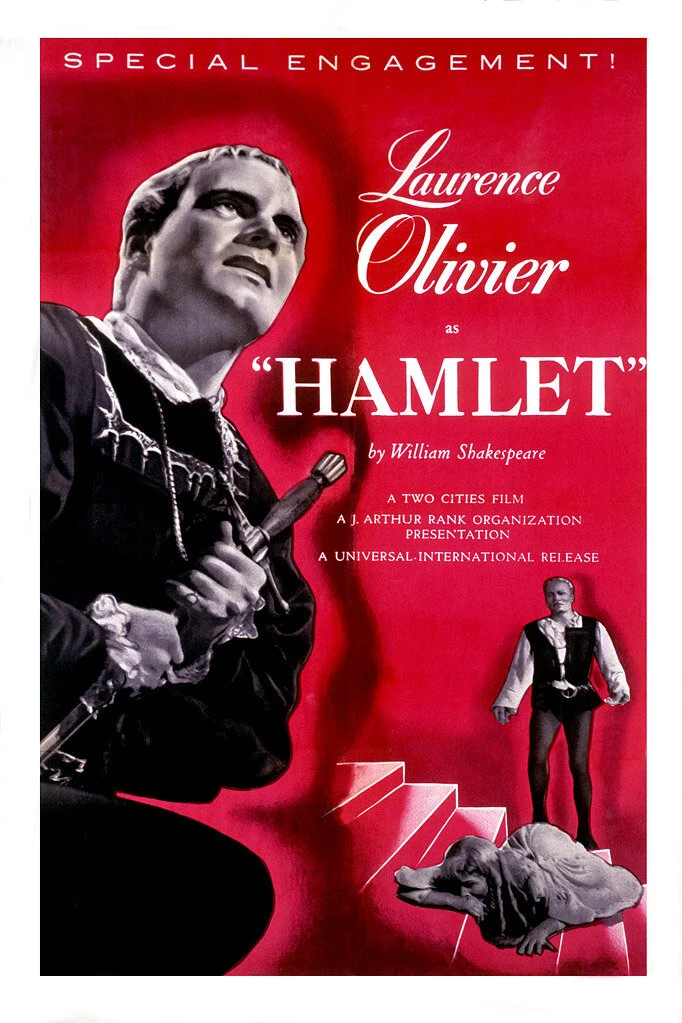Gentleman's Agreement (1947)
Written by Moss Hart
Directed by Elia Kazan
Another milestone! 20 films completed, or 2/9 of the way through!! Almost to a third!!
Seriously, though, thank you to everyone who encourages me to keep on this project. I’m glad people are enjoying the journey as much as I am.
Like I did for The Life of Emile Zola, the 10th film on the list, I’m going to spend a brief bit of time here discussing the evolution of Best Pictures before tackling Gentleman’s Agreement.
Hattie McDaniel with her historic Oscar win for Gone With the Wind
Overall, the biggest impact has to be felt from World War II. This war created a monumental shift in the world, partly because of the increasing accessibility to news about it. It’s hard to imagine how slowly news would have to travel 100 years ago, and as we all know, information continues to be able to be delivered to us faster and faster. There’s something more immediate about WW2 than WW1, and it’s reflected in the films made in that period.
I mentioned before that the war ushered in a bit of a loss of innocence, and consequently, films begin to take on more mature subjects. Particularly in the second half of this group of ten, the subjects are in most cases, harder-hitting than what came before.
The scope of films is getting bigger, as well. The highest example of this is Gone With the Wind, which is also, at this point, the only film in color to win Best Picture. Where talkies exploded into the genre, technicolor is taking a much longer time to go “mainstream” (1960’s The Apartment will be the last black and white film for about 30 years). Getting back to scope, however, we start seeing bigger ensemble casts and better defined secondary characters. Even in Going My Way, a fairly contained film, there’s a multitude of characters that have a journey, even in only a few scenes. Filmmakers are fleshing out their worlds, and getting more ambitious and trusting of their audiences.
Green (Gregory Peck) working in his story
That trust is a big part of Gentleman’s Agreement. The film centers on a reporter writing a piece on anti-semitism (another unspoken issue brought to light by WW2). He does this by posing as Jewish to nearly everyone. Almost immediately, people’s latent anti-semitism emerges, even in his Jewish secretary. The trust in the audience comes from not only not needing characters to ever really say anything bad about Jewish people (indeed, nearly all the anti-semitism displayed is in HOW things are said, not what IS said), but even more so, trusting that the audience will be willing to sit through the experience. I don’t consider myself anti-semitic in any way, and even I was feeling uncomfortable during parts of this film, which is the point. It’s a film that challenges its audience, and I think it’s very successful at it.
John Garfield counsels Gregory Peck
A big part of what makes this film work is Gregory Peck as the reporter, Philip Schuyler Green. I’ve never seen a performance of his (although I hear his Atticus Finch is excellent), and I don’t think the film would have worked as much as it does without him in the lead role. He’s good natured, caring, and stunned by his treatment as a Jewish man. In a smaller role, John Garfield shines as his actually Jewish best friend, who helps Green process the things he goes through.
John Garfield helps Kathy (Dorothy McGuire) understand her anti-semitism
Garfield really hits it all out of the park near the climax of the film, when Green’s ex-fiancé tells of a dinner party, where a man makes multiple anti-semitic jokes, and no one does anything, although the experience makes her angry. In short, he says that by remaining silent, she condoned the prejudice. In this manner, the film feels incredibly relevant to today; replace “anti-semitic” with any number of societal issues, and the message still works.
(I feel that I should point out, after that last paragraph, that in no way do I believe that anti-semitism isn’t still a problem today; I know that it is)
The film could have used some tightening up near the beginning (it takes a LONG time for the decision to pose as Jewish to come to Green), but the overwhelming power of the film’s message makes any flaws almost null. It’s good to see films that are really beginning to challenge its audience, to make them think, because I firmly believe that films can do both, and the best films do them both well.
FINAL GRADE: A-






